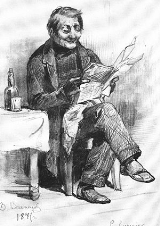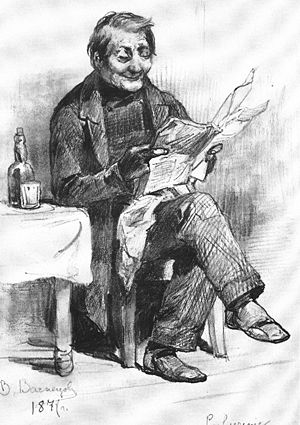
Amusement
Encyclopedia

Experience
Experience as a general concept comprises knowledge of or skill in or observation of some thing or some event gained through involvement in or exposure to that thing or event....
humorous
Humour
Humour or humor is the tendency of particular cognitive experiences to provoke laughter and provide amusement...
and entertaining
Entertainment
Entertainment consists of any activity which provides a diversion or permits people to amuse themselves in their leisure time. Entertainment is generally passive, such as watching opera or a movie. Active forms of amusement, such as sports, are more often considered to be recreation...
events or situations, and is associated with enjoyment, happiness
Happiness
Happiness is a mental state of well-being characterized by positive emotions ranging from contentment to intense joy. A variety of biological, psychological, religious, and philosophical approaches have striven to define happiness and identify its sources....
, laughter
Laughter
Laughing is a reaction to certain stimuli, fundamentally stress, which serves as an emotional balancing mechanism. Traditionally, it is considered a visual expression of happiness, or an inward feeling of joy. It may ensue from hearing a joke, being tickled, or other stimuli...
and pleasure
Pleasure
Pleasure describes the broad class of mental states that humans and other animals experience as positive, enjoyable, or worth seeking. It includes more specific mental states such as happiness, entertainment, enjoyment, ecstasy, and euphoria...
. The word "Amuse" is so named from the opposite of "Muse" -to learn or to think.
Current studies have not yet reached consensus on the exact purpose of amusement, though theories have been advanced in the fields of psychology, psychiatry and sociology. In addition, the precise mechanism that causes a given element (image, sound, behavior, etc) to be perceived as more or less 'amusing' than another, similar element to a particular individual is not clearly understood.
External links
- Questionable Amusements and Worthy Substitutes by J. M. Judy

